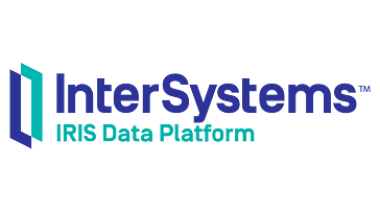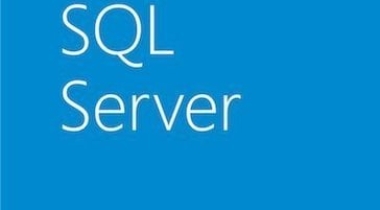Amazon Relational Database Service (Amazon RDS) makes it easy to set up, operate, and scale a relational database in the cloud. It provides cost-efficient and resizable capacity while managing time-consuming database administration tasks such as hardware provisioning, database setup, patching and backups. It frees you up to focus on your apps so you can give them the better performance, availability, security, and compatibility they need. Amazon RDS is available on 6 familiar database instances: Amazon Aurora, MySQL, PostgreSQL, MariaDB, Oracle Database and SQL Server engines. This means that the code, applications, and tools you already use today with your existing databases can be used with Amazon RDS. Amazon RDS automatically patches the database software and backs up your database, storing the backups for a user-defined retention period and enabling point-in-time recovery. You benefit from the flexibility of being able to scale the compute resources or storage capacity associated with your relational database instance via a single API call. In addition, Amazon RDS makes it easy to use replication to enhance availability and reliability for production databases. Amazon RDS for MySQL also enables you to scale out beyond the capacity of a single database deployment for read-heavy database workloads. As with all Amazon Web Services, there are no up-front investments required, and you pay only for the resources you use.
Amazon Relational Database Service (RDS)
Images
Check Software Images

Customer Reviews
Amazon Relational Database Service (RDS) Reviews
Karthik G.
Advanced user of Amazon Relational Database Service (RDS)What do you like best?
No management overhead with easy scalable/resizeable option
We have a requirement of multiple running environments and the capability varies with respect to each environment. With Amazon managed RDS it is easy to provision, de-provision, scale-up/down, re-size, monitor, automate, etc.
Thanks to AWS, we are resource-efficient. We have only one DBA and he is not overloaded with administrative work.
What do you dislike?
Does not provide more log or debugging options. In one of the scenario, we had to troubleshoot the root cause for a deadlock error appeared on the MySQL, we struggled to zero down on the root cause as there were not enough logs and Amazon tech support team couldn't come to a precise conclusion as well.
What problems are you solving with the product? What benefits have you realized?
We use Amazon RDS as a repository of data that we generate for the ecosystem using our product. Important note: our product act as a registry for the ecosystem and the data has to be secured and maintained with high standards.
To name a few benefits:
* Auto-scaling the capacity dynamically based on the network load.
* It's very cost-effective compared to the efforts and resources required to set up our own.
* Automate the data retention and export the data by taking advantage of Amazon S3 to never lose out the data.














